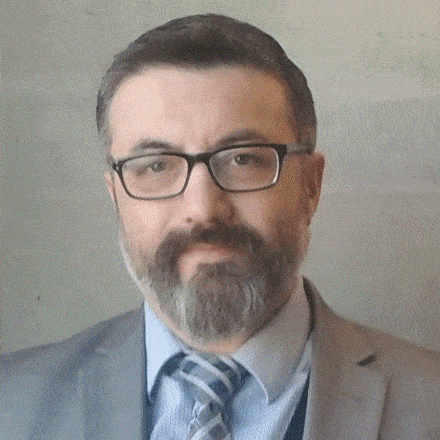Recent reports have shown that M2-like macrophages in tumors from patients treated with immune checkpoint blockade (ICB) are associated with a poor prognosis in numerous types of cancer, including melanoma. It has been proposed that the ratio of antitumoral M1 and pro-tumoral M2 macrophages (M1/M2) is a potential early biomarker in solid tumors. Additionally, several clinical trials have explored the manipulation of the macrophage phenotype as a therapeutic option, including the autologous transplantation of M1 macrophages. However, this approach has provided only modest therapeutic benefits in patients. These clinical trials were initiated before understanding the complexity of macrophage phenotypes, their ability to alter their phenotypes and polarization in response to various cytokines and the tumor/tissue environment cues, and the extent of survival of the transplanted macrophages. Dr. Villagra proposes to evaluate and characterize the phenotypic properties of intra-tumoral macrophages in tumor biopsies from ICB-treated melanoma patients. Additionally, he will evaluate the potential use of reprogrammed macrophages as cell therapy. The central hypothesis to be tested is that the macrophage M1/M2 ratio can be used as a biomarker to predict the effectiveness of ICB in melanoma patients. Dr. Villagra also hypothesizes that the adoptive transfer of M1 macrophages polarized in the presence of HDAC6is will enhance antitumor immune responses. To address this hypothesis, he proposes to evaluate the relationship between the intratumoral M1/M2 ratio and the response to ICB in skin malignancies, and to evaluate the effect of HDAC6i-treated macrophages as cell therapy.
Projects and Grants
Macrophage phenotype as a biomarker to predict effectiveness of Immune Checkpoint Blockade in melanoma patients
Georgetown University | Melanoma | 2022

